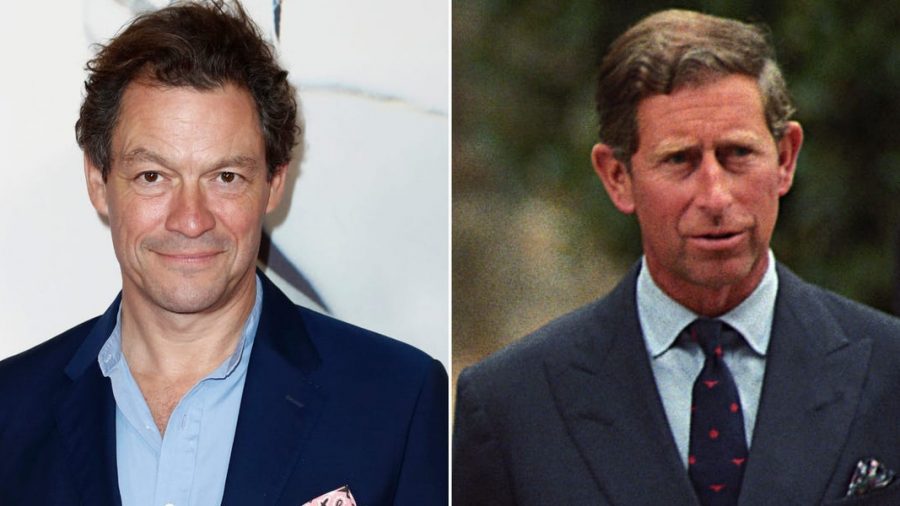switch to caption Emma Sheffer/Courtesy Artist’s
Write Your Name In Pink, Quinn Christopherson’s debut album, features songs that explore how to accept the cards life has delivered.
Emma Sheffer/Courtesy Artist’s Storytelling is kind of a family affair for Quinn Christopherson. The musician, who was born and raised in Anchorage, Alaska, credits his ancestry with giving him a talent for it: Christopherson, whose parents are Ahtna Athabascan and Iupiat, claims that telling stories is a fundamental part of his family’s customs. As a young child, he began to write several poetry; when he was 20, his father gave him a guitar, and he started to write songs. He claims that he can actually trace it back to his grandma. “My granny would tell us stories, but they would sometimes be very brief,” he once said in an interview She would hardly utter a word, yet with just five syllables, she gave us a whole picture of the universe.
In fact, the first song I ever heard by Christopherson was a love letter to his grandmother called ” Mary Alee,” which he submitted to the 2018 Tiny Desk Contest. It turns out that he is a talented inheritor of her excellent linguistic economy. On his debut album, Write Your Name In Pink, a series of endearing details about his childhood friends, dive bars, and a father-daughter bowling league come together to create poignant, complex tales of development, suffering, and possibility.
After playing shows in the Anchorage area for a while, Christopherson finally got his big break when his song “Erase Me,” which won the 2019 Tiny Desk Contest, was released. In his mid-20s, Christopherson came out as a trans guy, and “Erase Me” chronicles the story of his gender transition. It’s a song about how being a man made others treat him with much more respect and how it changed his perception of the decades of mistreatment and misogyny he had previously endured. After spending decades being “so used to drawing the short stick,” he sings about this new phase of his life: “Nobody interrupts me / Nobody second questions my opinion.” said about the song sings in the song, “Passing, to me, feels like I’m getting rewarded for my own erasure,” which explores a complex sort of privilege. The song ends with a fresh studio rendition. Write Your Name In Pink, Christopherson’s debut album, is a perfect cap to a collection of songs that attempt to accept the hand life has handed and serve as direct reminders that, while our former selves are unavoidable, there is still the potential for positive change.
SMALL DESK Additionally, Write Your Name In Pink casts a critical yet sympathetic perspective on Christopherson’s upbringing. Addiction is a recurring theme in these songs; Christopherson was affected by his mother’s long-term fight with addiction, and he and his sister, who is the subject of an devastating song he released in 2019 , have also struggled with it. On Write Your Name In Pink, the song “Uptown,” which is unsettlingly upbeat and stylish, is about getting drunk to ignore your concerns. The chorus begins, “Headed uptown, driving intoxicated,” then Christopherson repeats, “I don’t like who I am.” From the age of six to 26 is covered in “Bubblegum.” At the age of 17, he is breaking the law and using drugs while being “abandoned alone,” and by the time he is in his early 20s, he is “treating women brutally.” Throughout the song, he keeps repeating, sometimes somberly and other times casually, “I don’t know who I am,” expressing self-abnegation one moment and freedom the next.
When Christopherson became clean at the age of 23, it brought back emotions that alcohol had helped him suppress, causing a new type of emotional crisis. He gave a lot of attention to his relationship with his mother and how her addiction had affected them both, ruining both of their lives at the time, according to as he put it . During that time, he wrote a lot of songs that were furious and bitter; eventually, though, his emotions began to change. I suddenly understood that my mother had had a lifetime of pain prior to subjecting me to mine, he remarked in a TEDx talk about his songwriting . He makes that transition very clear, but it’s not an easy task to internalize it; doing so requires an astounding amount of emotional growth, which is evident in several of these songs. This moment of reflection led to the song “Neighborhood,” a moving piece on Write Your Name In Pink about his youth. He sings to his mother, over sparse synth chords, “I was waiting about / As children do, Never knew what I would eat for dinner, I never found out what was eating at you.” His younger self, who was clinging to the memories of neighborhood bike rides to maintain a sense of normalcy, also crushes his heart as he feels for her.
But other moments on the record are made more enjoyable by the reality that surrounds them. On “Simple,” Christopherson has a dream that his mother is using “the last of {her} money on a midtown motel” when he should be buying her an apartment. He sings, “We speak about our clothes / You’ve got that good shirt, those nice jeans / Match your anklet with your toe rings,” saying, “We don’t have much we relate on.” Later in the song, they run into a friend, a teary-eyed parent attempting to do the right thing by his kids, and Christopherson sings about that dad spending time with his kids every other week with an emotional voice swelling. Another notable track from Write Your Name In Pink, “Celine,” recalls Christopherson being at home with a babysitter as his mother performs karaoke at a nearby bar. He is aware that she needs a night out. He sings, “You came back so proud. The chorus of the song features him beaming with delight as he says, “Everyone at karaoke thought she sounded “exactly like Celine.” The final scene of “Neighborhood” is a recent voicemail from Christopherson’s mother asking about a tour she hopes to catch him before he leaves. In these songs, Christopherson gives his undivided attention to the minute yet significant elements in the lives of those around him, realizing the importance of supporting their efforts despite their flaws.
YouTube In other parts of the record, Christopherson remembers his youth and emphasizes other important—if fractured—kinships that kept him going. He and a childhood friend watch each other make the same amorous mistakes on the gripping tune “Evelene,” whose glistening production explodes like fireworks against a night sky. They understand each other’s growing pains, even though they can’t shield each other from harm. After a creep gets in the way of him and a confidante, “True Friend” describes the sense of freedom and risk in leaving home and becomes a celebration of solidarity: We were just youngsters, he sings, “I don’t know what you told that man, but I never saw him again. You’re a true buddy.” Christopherson recognizes the value of their connection, even though it didn’t continue forever: “We still turned out alright,” he sings, “I hope you and your kid live a wonderful life.”
When Christopherson’s songs are present-oriented, they highlight the struggles and benefits of starting his own family. The song “Take Your Time” is an ode to traveling, but it’s also a love plea for Carpenter, his musical partner, to slow down and appreciate everything they’ve accomplished together, played over a downtempo guitar track. The album’s first track, “Thanks,” is a slow-burning love letter from Christopherson to his wife in which he expresses his appreciation for the life they have created together. He says in the song, “I don’t know what I was looking for, but I knew when I found you. “Kids” is a wish list for their future offspring, including traits like gratitude, ambition, and cooking skills. These songs nevertheless contain elements of uncertainty, uneasiness, and unpleasant nightmares since the darkness that permeates his more traumatic music is present in them. However, they find solace in systematically listing all the kindness that surrounds him. Christopherson’s songs, like his grandmother’s five-word philosophy, focus on the most important, most valuable aspects by removing all other distractions. These include the mementos of the past, the brief expressions of empathy we have for one another, and the places that have shaped us. These reminders serve as a reminder of how paying attention to the little things can help us see through our suffering and more clearly love and understand one another.













